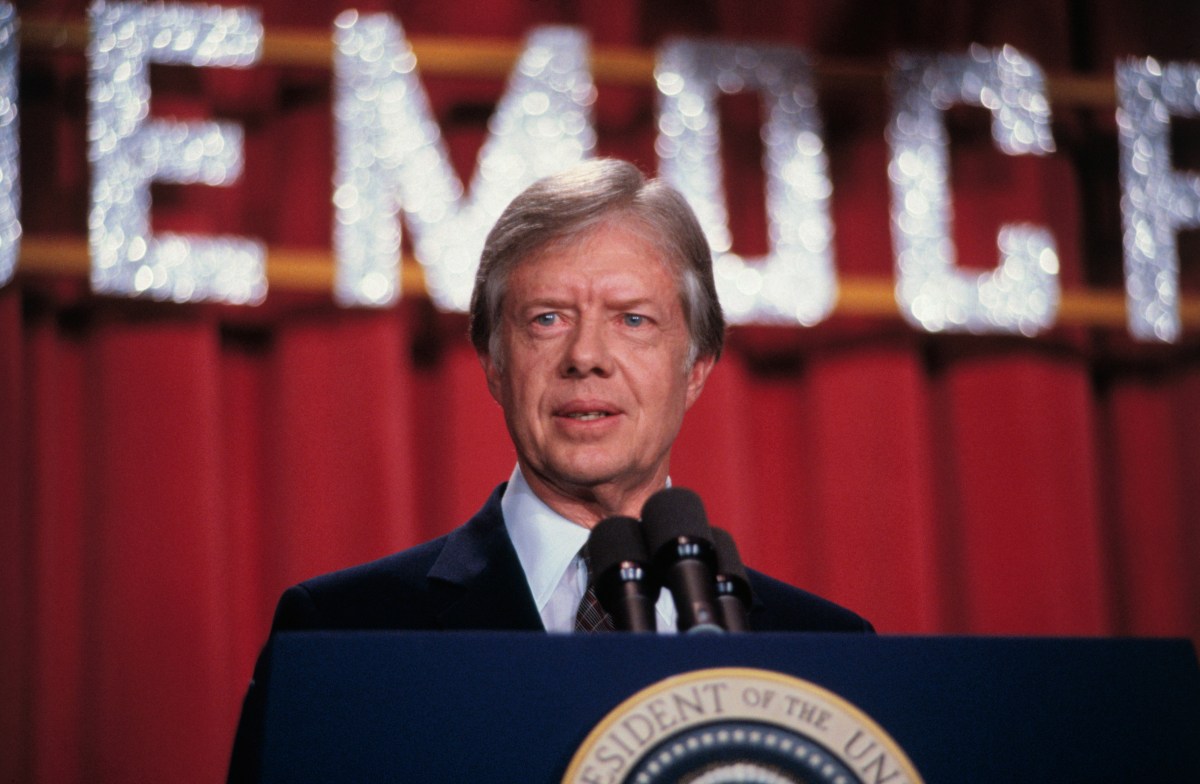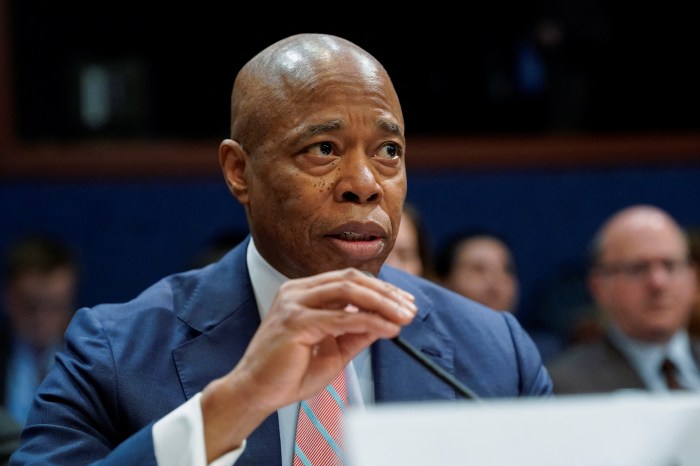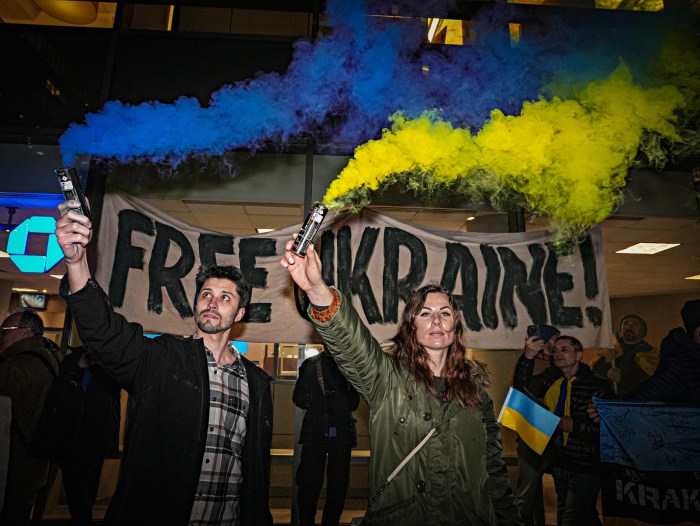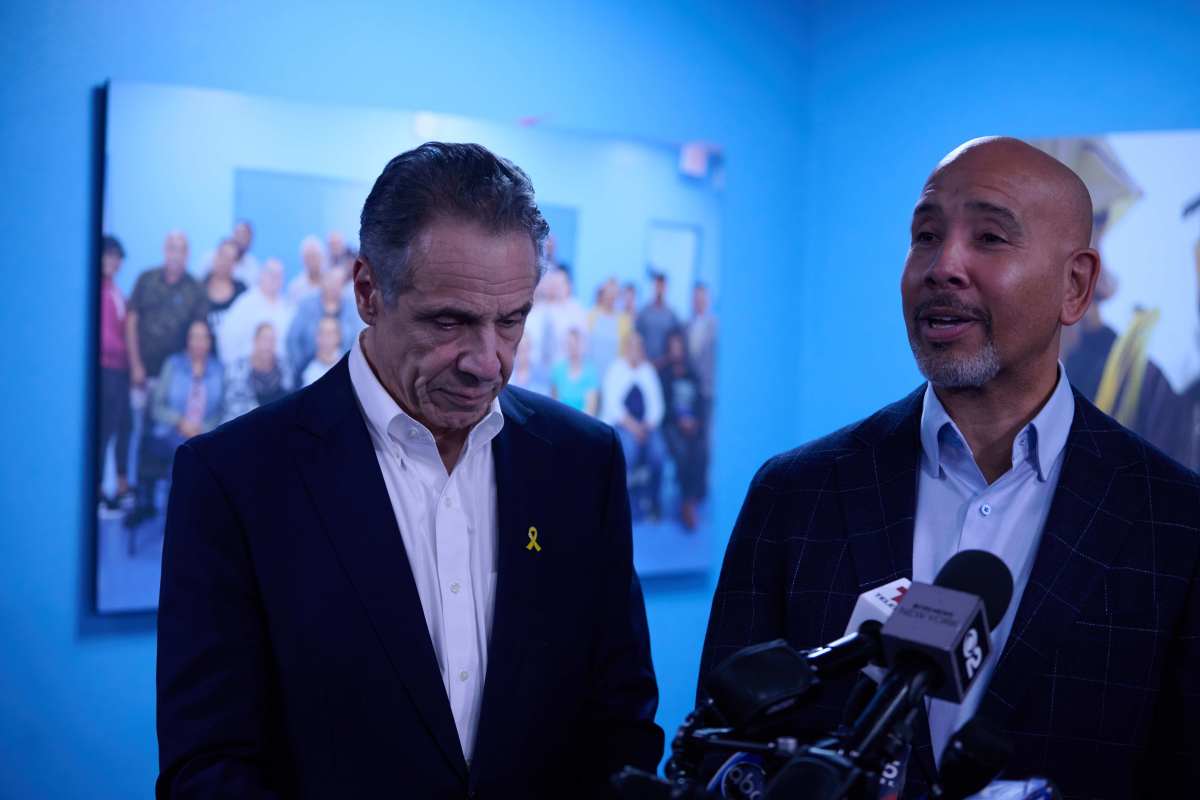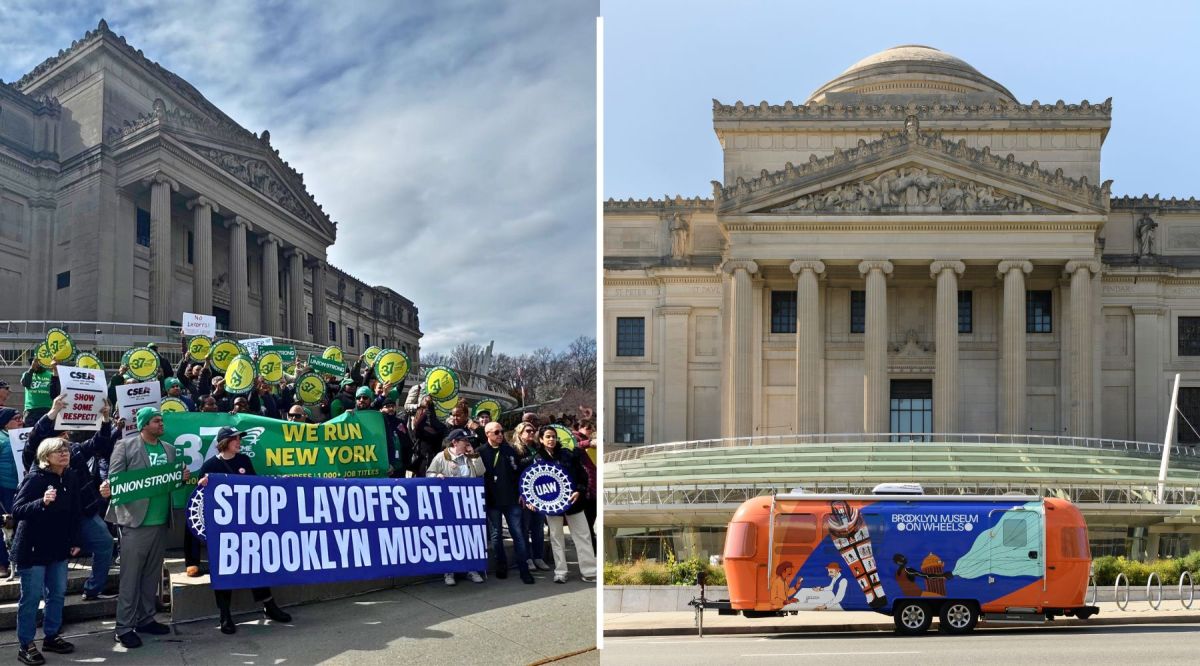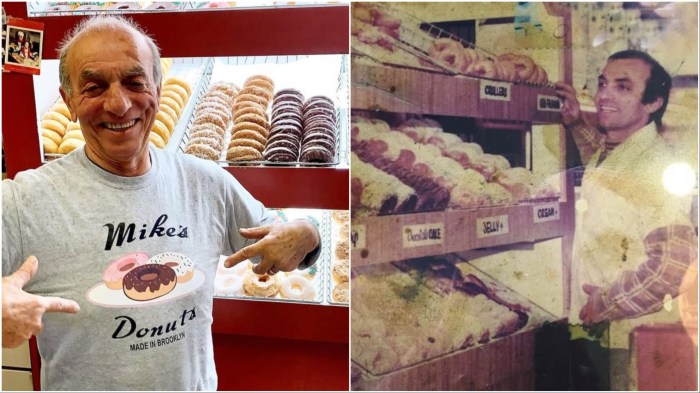Jimmy Carter, the 39th President of the United States, died on Sunday at the age of 100 — the first president ever to live to be a centenarian.
Carter had turned 100 on Oct. 1, more than four decades after leaving office in 1981, having served one term in the White House — a period defined by economic woes at home, a valiant effort to bring about Middle East peace, and the hostage crisis in Iran.
Carter’s son, Chip, said that the former president and Georgia governor had died in his Plains, GA home on Sunday afternoon, according to the Atlanta Journal-Constitution. Jimmy Carter had spent the last several years in hospice care, and was preceded in death by former First Lady Rosalynn Carter, who died last year; they had been married 77 years.
President Joe Biden has ordered that Jimmy Carter receive a formal state funeral in Washington, DC. In a joint statement with his wife, First Lady Dr. Jill Biden, the president called Carter “a man of great character and courage, hope and optimism.”
“With his compassion and moral clarity, he worked to eradicate disease, forge peace, advance civil rights and human rights, promote free and fair elections, house the homeless, and always advocate for the least among us,” the Bidens said. “He saved, lifted, and changed the lives of people all across the globe.”
A Washington outsider, Carter was elected president in 1976, narrowly beating President Gerald Ford just two years before the Watergate scandal led to Richard Nixon’s resignation.
But as president from 1977 to 1981, Carter struggled to deal with Congress, a sign of his political inexperience. His presidency was marked by stagflation: a toxic mix of high inflation, stagnant growth and persistent unemployment.
Tensions in the Middle East further eroded his support. The 1979 Iranian Revolution led to sharp increases in energy costs and the infamous hostage crisis. The Soviet invasion of Afghanistan contributed to the atmosphere of chaos in Carter’s final year in office.
Carter’s defeat in a landslide loss to Ronald Reagan in 1980 was humiliating. A post-political life in obscurity might have been expected.
And yet, the opposite occurred.
A legacy that outweighed his presidency
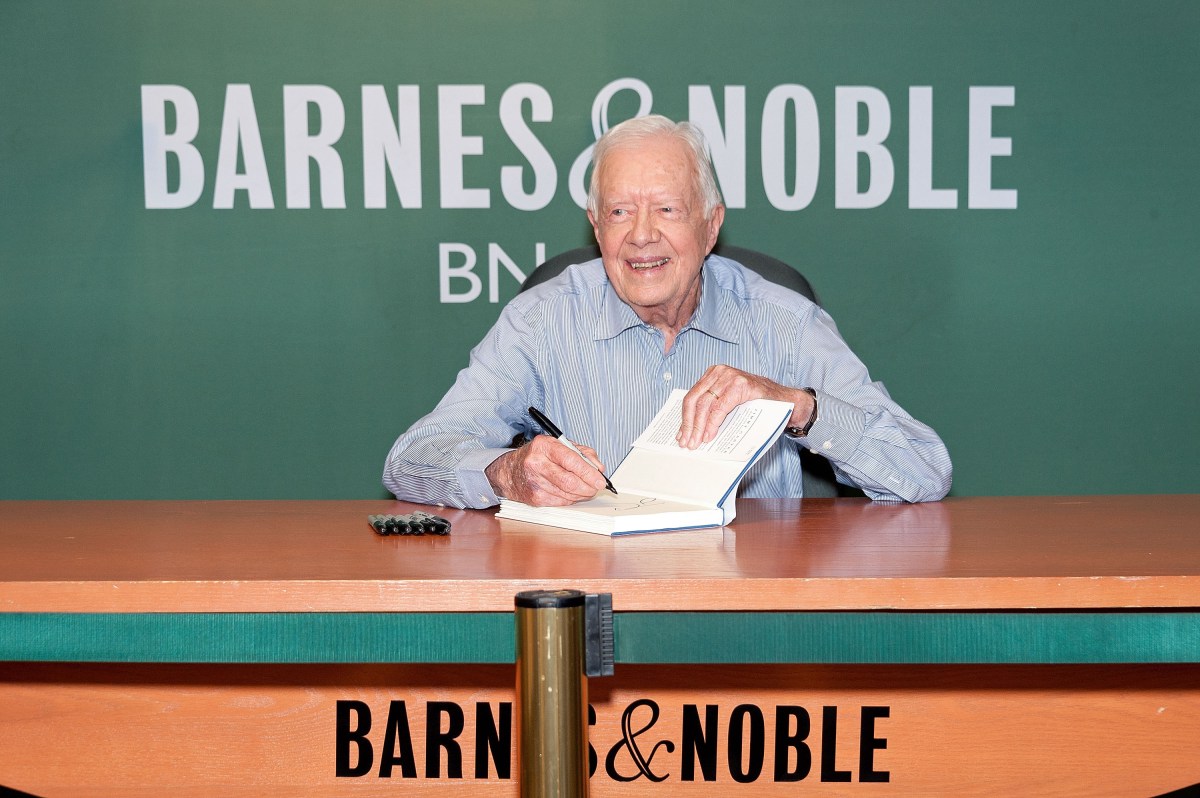
James Earl Carter’s long post-presidency arguably achieved more than his presidency, which became bogged down in economic malaise and foreign policy reversals.
As president, Carter’s greatest achievements came in his efforts to implement a human rights-based foreign policy. He continually put his own political well-being on the line to pressure US allies to improve their human rights records, as well as return the Panama Canal from US control.
Arguably his greatest achievement was the Camp David peace accords, which established “normal and friendly relations” between Israel and Egypt after 31 years of warfare and hostility. Historian Richard Perlstein described Carter’s efforts: he knew just when to risk a scathing remark and when to say nothing at all; when to horse-trade and when to hold fast, ever reassessing the balance between the visionary and the pragmatic.
Once free from the pressures of being president, Carter’s skills in foreign affairs flourished, working assiduously for human rights and peace, especially in the Middle East.
In 2002, he won the Nobel Peace Prize for his “decades of untiring efforts” to find peaceful solutions to international conflict. Carter is one of only four US presidents to win the prize and the only one to win it after leaving office.
Recently, the Carter Center in Atlanta, another of his legacies, called for a ceasefire in Gaza and noted that Carter would be on the plane to try and secure one if his health permitted it.
Today, Carter’s Middle Eastern efforts – while certainly not perfect, given the intractability of the challenges – stand the test of time and remain especially relevant.
Building on important environmental work as president, Carter installed the first solar panels at the White House and saved millions of acres in Alaska from development. This was long before climate change was widely recognized.
For more than 40 years, Carter was also a stalwart of Habitat for Humanity, a charity that builds free houses for needy working families. In the early 1980s, he gave the group “national visibility”, an outcome that helped it expand internationally. This was well before housing affordability became a major political issue.
Carter also strove to remove the stigma associated with mental illness, again long before such efforts were common.
A former peanut farmer from Georgia, Carter’s post-presidency is distinctive in other ways.
Most former presidents retire to live in luxury in Washington DC, New York or on private estates in the country. Carter, however, went back to Plains, GA, the small town (population 776) where he and Rosalynn had grown up.
Carter has decreed that upon his death, the “modest” ranch house that he built there in 1961 will be gifted to the US National Park Service. The planned museum will showcase the house’s ordinariness; it is a typical example of the brick homes built by millions of Americans after World War II.
Strong Christians, the Carters lived for decades among the citizens of Plains, going to church and mingling with the community. When Rosalynn died in 2023, the funeral was held at the local Baptist church, not in Washington DC. The entire town turned out to watch the procession. Presidents, first ladies, governors and senators were in the congregation, but only pastors, family and friends spoke.
Carter’s survival is also notable. He has been in “end-of-life” hospice care at home for almost two years. In the US, the average stay in such care is 70 days.
Carter’s family publicized his condition partly to break taboos about death and provide support for the millions around the world whose loved ones are in hospice care. Although frail, the former president had no underlying conditions; ahead of the Nov. 5 presidential election, his family reported that he was looking forward to voting for Democrat Kamala Harris, who lost the election to Republican Donald Trump.
A man who lived the first 40 years of his life in a racially segregated southern state, with most adult black people unable even to vote, has witnessed tremendous social change.
Carter may not have been the best politician, but his fundamental decency is an important legacy. Even his opponents could agree on that.
According to James Fallow, a former aide who wrote an important account of the Carter administration, the 39th president had admirable personal qualities. Fallow described Carter as “disciplined, funny, enormously intelligent and deeply spiritual.”



